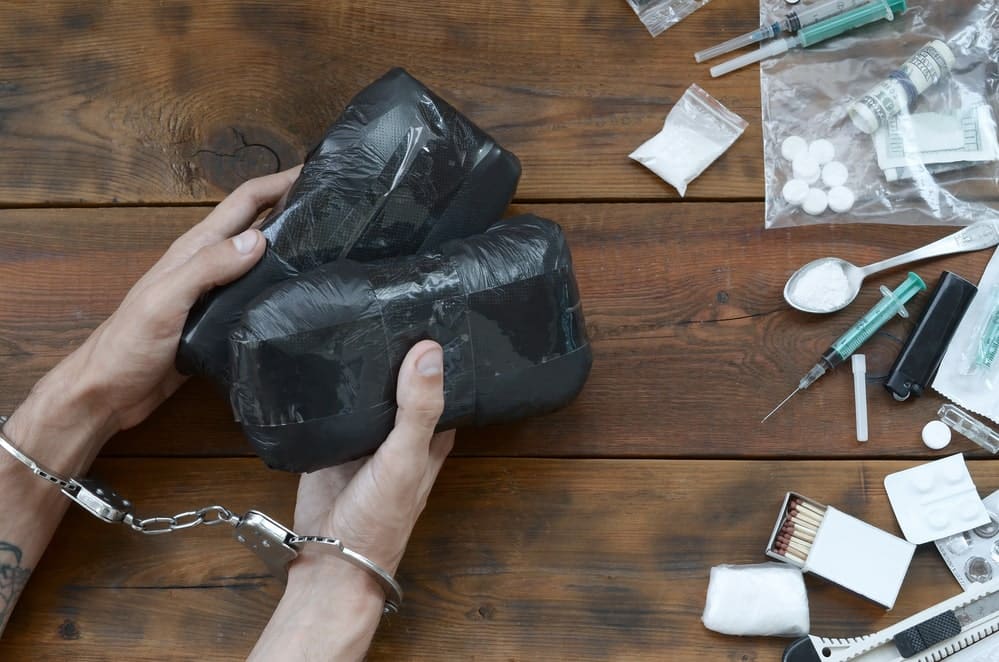In this post, we will survey Maine’s laws on the possession and trafficking of “scheduled drugs,” and then discuss the classification and possible punishments for drug related crimes.
Drug crimes are among the most widely perpetrated crimes in the State of Maine.
Depending on the circumstances, a drug crime allegation can be quite serious, and so obtaining legal assistance following an allegation is imperative.
If you need help, don’t hesitate to contact the Maine Criminal Defense Group.
Call 207-571-8146 or contact us online to schedule a consult with one of our highly skilled criminal defense & OUI lawyers, serving Southern Maine, today.
Table of Contents
Drug Crime Laws in Maine Over the Years
Societal attitudes toward drug related crimes have undergone many changes during the past half century. In the 1980s, for instance, America saw a huge increase in the consumption of certain drugs.
Cocaine, as an example, was used heavily throughout the country during the 1980s, among nearly all socio-economic levels of society. Marijuana also saw heavy use during that period, but not as much as cocaine.
Societal attitudes shifted a bit, and America began to clamp down harder on certain drugs, adhering to a more or less fixed belief that drugs were harmful to both the consumer and society at large.
More recently, we’ve seen attitudes shift again, with many states legalizing both the medicinal and recreational use of marijuana. In many places, attitudes have softened on other drugs as well.
Although society seems to be continuing down a path of treating drug use more gently, the State of Maine still has laws which prohibit both the use, possession and trafficking of various drugs on its books.
Drug Paraphernalia Crimes in Maine
Title 17-A, §1111-A contains “drug paraphernalia” offenses in Maine. Residents are prohibited by law from possessing certain drug paraphernalia which could be used in the manufacture or consumption of illicit drugs.
The following are examples of illegal paraphernalia in Maine:
- bongs,
- roach clips,
- syringes,
- marijuana pipes,
- scales and others.
This type of offense is considered a civil offense, unless the offender is “trafficking” in paraphernalia to someone 16 years of age or older, which is considered a Class E crime, or under the age of 16, which is considered a Class D crime.
One important thing that readers should take away is that drug paraphernalia may also provide grounds to execute a search on a person’s motor vehicle or home if the police are there lawfully and the paraphernalia is in plain view.
By law, if a person is stopped by a police officer, that officer may not conduct a search of the vehicle unless the motorist gives express permission, or unless the officer has adequate grounds. Adequate grounds essentially means a reasonable suspicion that the motorist possesses illegal substances.
If a person is caught with drug paraphernalia, then this may provide reasonable suspicion for a larger search, and that search may uncover other illegal substances.
Call 207-571-8146 or contact us online to schedule a consult with one of our highly skilled criminal defense & OUI lawyers, serving Southern Maine, today.
Unlawful Trafficking in Scheduled Drugs
Along with possession, trafficking scheduled drugs is also a crime under Maine law. This type of crime is governed by Title 17-A, §1103-A. Essentially, drug trafficking occurs whenever someone intentionally and knowingly sells illegal drugs.
As with drug possession offenses, the severity of drug trafficking in Maine ultimately depends on several factors, including the seriousness of the drugs, the quantity of the drugs, and so forth. In fact, under current Maine law, the quantity of drugs may actually provide grounds for an inference of drug trafficking, even without other evidence.
For instance, if a person is caught with more than 1 pound of marijuana, this may provide grounds for an inference of trafficking.
A drug trafficking offense can also be exacerbated by certain factors. Exacerbating or aggravating factors include things such as selling scheduled drugs to a minor and selling near a school or drug free safe zone.
Incidentally, if a person uses a motor vehicle in the process of committing a drug trafficking offense, this can also lead to additional consequences. For example, the court could order that the car be forfeit as part of a criminal forfeiture action brought by the government.
Unlawful Possession of Scheduled Drugs
Title 17-A, §1107-A contains the various crimes which fall under the general category of “unlawful possession” of schedules drugs. Under the rules of this section, a person is guilty of unlawful possession when they intentionally or knowingly possess a substance which they know or have reason to believe is a scheduled drug.
This section breaks down the possession crimes for all schedules – W, X, Y and Z. Possession of a schedule W drug may be classified as either a class B, C or D crime depending on various other factors.
For instance, if the offender possesses a schedule W drug and has a prior offense, then the crime may be categorized as a class C crime. If a person possesses a schedule W drug and the amount is sufficient, then the crime may be a class B crime. Possession of a schedule X drug is ordinarily a class D crime. Possession of a schedule Y or Z drug is ordinarily a class E crime.
Maine law has specific rules for the possession of marijuana, in part because medical marijuana is legalized, and because marijuana is among the most commonly used drugs. So, although simple possession of marijuana is a class E crime, certain factors can alter this classification.
For instance, if a person possesses more than 20 pounds of marijuana, this offense will be treated as a class B crime, and can be punished accordingly.
Allegations of possession can be countered with certain defenses in Maine, and these defenses are also referenced under this section.
“For example, a defense against possession of marijuana is that the substance is actually hemp. Similarly, if a person can prove that a certain drug is authorized by a legitimate medical prescription, this may also constitute a defense.”
Read More → An Overview of Drug Trafficking Offenses in Maine
Call 207-571-8146 or contact us online to schedule a consult with one of our highly skilled criminal defense & OUI lawyers, serving Southern Maine, today.
Classification of Drug Crimes
In Maine, drugs are classified according to severity, or how serious they are perceived to be. These different levels of severity are referred to as “schedules.” Maine has 4 different drug schedules, with W being the most severe and Z being the least severe.
Currently, schedule W includes drugs such as heroine, methamphetamine, oxycodone and cocaine (powder and crack), among others. Schedule X contains drugs such as hashish, psilocybin, and other hallucinogens.
Schedule Y includes drugs such as phenobarbitals, codeine and various other prescription drugs. Finally, schedule Z includes any other substance classified as a drug which doesn’t fall into one of these other schedules.
Possible Defenses to Drug Crimes
Numerous possible defenses may be raised to a drug crime allegation. The viability of any given defense depends on the specifics of the case. Here is a brief list of possible defenses:
- Miranda warnings were not read
- There was no probable cause for an arrest
- The initial stop conducted by police was unlawful
- The search which uncovered drugs was unlawful
- The drugs were never constructively or actually possessed
- The defendant was unaware that the substance was an illegal drug
- The elements of the crime are not fully met
- The defendant was holding drugs under duress / coercion at the direction of another person
Criminal Penalties for Drug Crimes
The State of Maine has different classes of crimes, and these classes carry different possible punishments. Just like the drug schedules, the multiple classes are intended to categorize crimes by severity.
Maine currently has 5 different classes – A, B, C, D and E – with A being the most serious, and E being the least serious.
Classes A, B and C are considered felony crimes, while D and E are considered misdemeanor crimes.
The classification of a particular incident – and, therefore, the possible punishments which can follow – depends on 4 basic factors: the drug involved, the amount of the drug, the particular activity (i.e. possession, trafficking, manufacturing) and the number of prior offenses.
If a person commits a repeat offense, for instance, then a crime which would ordinarily be a class E crime can be bumped up to a class D crime.
As mentioned, the various classes of crimes carry different potential consequences. Class A crimes, for example, can be punished by up to 30 years in prison and a maximum penalty of $50,000. That should give readers a clear sense of how seriously Maine treats certain drug offenses. Class B crimes can be punished by up to 10 years in prison and a maximum penalty of $20,000.
Class C crimes are punishable with a maximum 5-year prison sentence and a fine of up to $5,000. Class D crimes can be punished with a maximum sentence of 1 year in jail and maximum fine of $1,000.
Class E crimes are punished with a maximum jail sentence of 6 months and a maximum fine of $500.
Along with the 4 basic factors identified above, Maine also recognizes certain other factors which can aggravate a given charge. In addition to prior offenses (mentioned above), possession of a gun, involvement of a child, and the occurrence of a death can aggravate a crime and convert the crime into a higher classification.
Again, the classification and punishment of a given instance depends on all the relevant factors involved. Possession of a schedule W drug, for instance, can lead to a class C crime, but this only occurs for certain amounts of the drug.
For a schedule Y or Z drug, simple possession is categorized as class E crime. These are just a couple of examples of how certain incidents may be classified.
Call 207-571-8146 or contact us online to schedule a consult with one of our highly skilled criminal defense & OUI lawyers, serving Southern Maine, today.
Additional Consequences for Drug Crimes
When a Maine resident commits a drug crime, they can face additional consequences along with a prison sentence and monetary penalty. One of the additional consequences is a criminal record. A conviction for a drug crime will follow the convict in the future because that person’s criminal record will always show that conviction.
This type of record can impact a person’s ability to obtain a certain job or professional license. This means that a person’s career opportunities can be diminished as a result of a drug crime conviction.
A criminal record can also influence child custody determinations. When a judge sees a drug crime conviction on a person’s record, that fact will be taken into consideration when the judge makes decisions on legal custody, physical custody, visitation schedules, and so forth.
Ultimately, the judge will make a decision which harmonizes with the best interests of the child standard; but a parent’s criminal record will certainly factor into this analysis.
Another consequence of a drug crime is the loss of suffrage. If a person commits a felony drug crime, then that person’s legal right to vote will be taken away in certain states.
Contact the Maine Criminal Defense Group Today
Maine law in the area of drug crime will almost certainly continue to evolve and change in the future. Based on current trends, we can likely expect that certain drug crimes may be either reduced in severity or eliminated altogether.
For now, we are stuck with the current paradigm. Maine residents who commit one of these offenses can expect a charge, and the charge will depend on the relevant factors – seriousness of the drug itself, number of prior convictions, etc.
If you’ve been accused of a drug related crime in Maine, you need the benefit of an experienced criminal defense team. You don’t want to risk a conviction, as we’ve seen the fact that convictions can lead to very serious punishments.
If you’re accused of a felony drug crime, for instance, a conviction can damage your career by giving you a blemished record, and even impact child custody decisions.
You need a group of attorneys who can help provide the best possible defense.
Call 207-571-8146 or contact us online to schedule a consult with one of our highly skilled criminal defense & OUI lawyers, serving Southern Maine, today.
Blog Posts
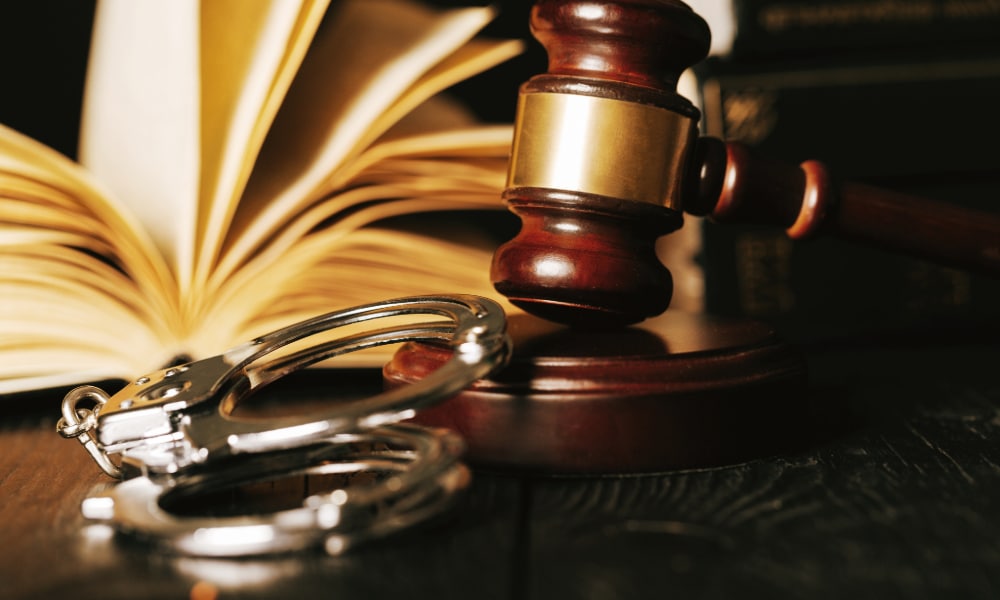
If you are convicted of a drug crime in Maine, your sentence will depend on four main factors: the type of drug involved (classified into four schedules), the amount of[...]

Any criminal charge for a drug-related offense is a serious matter in Maine,but how consequential the outcomes can get may depend on whether the charge is filed at the state[...]
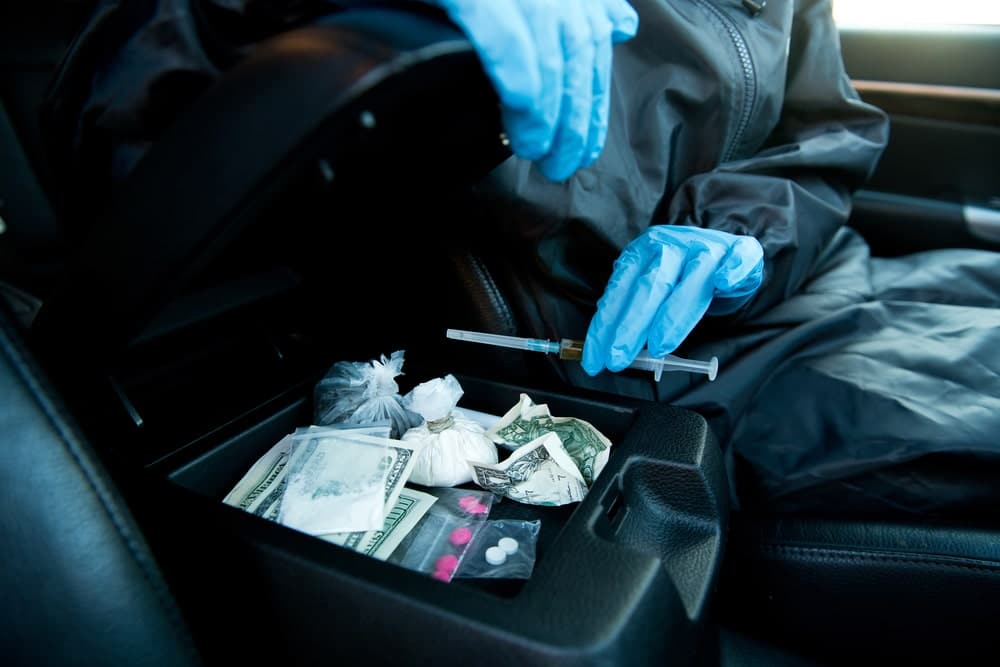
Search and seizure rules are enshrined in the U.S. Constitution and are intended to discourage the government (and law enforcement officials) from overstepping their powers and invading people’s privacy. They[...]

When most people think of drug crime classifications, they automatically assume it references the worst types of drugs (heroin, cocaine, LSD, etc.). But the word “drugs” also includes lots of[...]
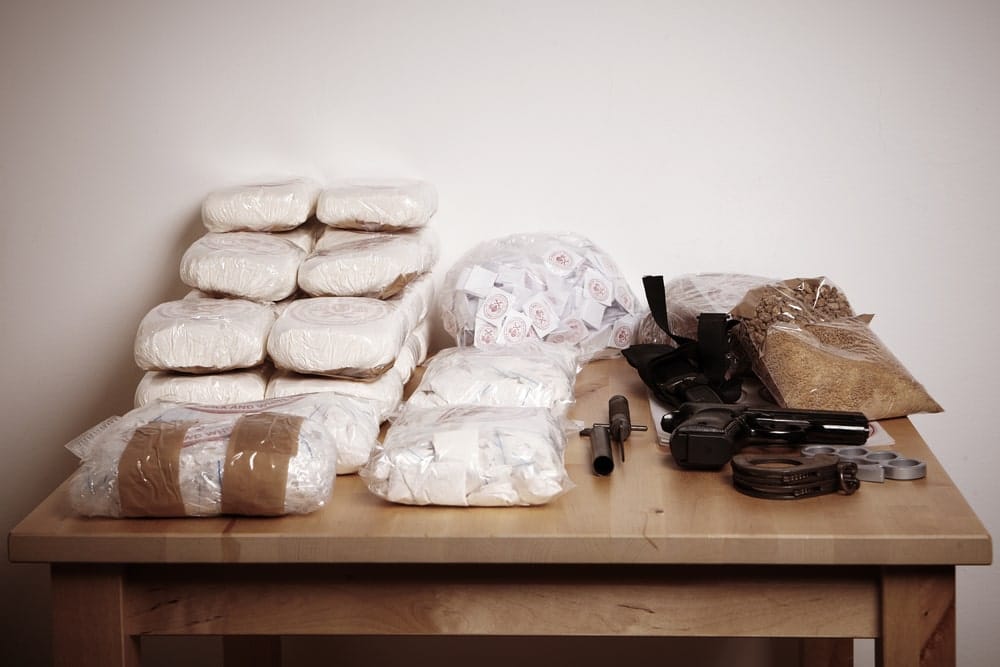
Drug Trafficking Penalties in Maine: What You Need to Know Being charged with drug trafficking in Maine is a serious legal matter that can result in harsh penalties, including significant[...]
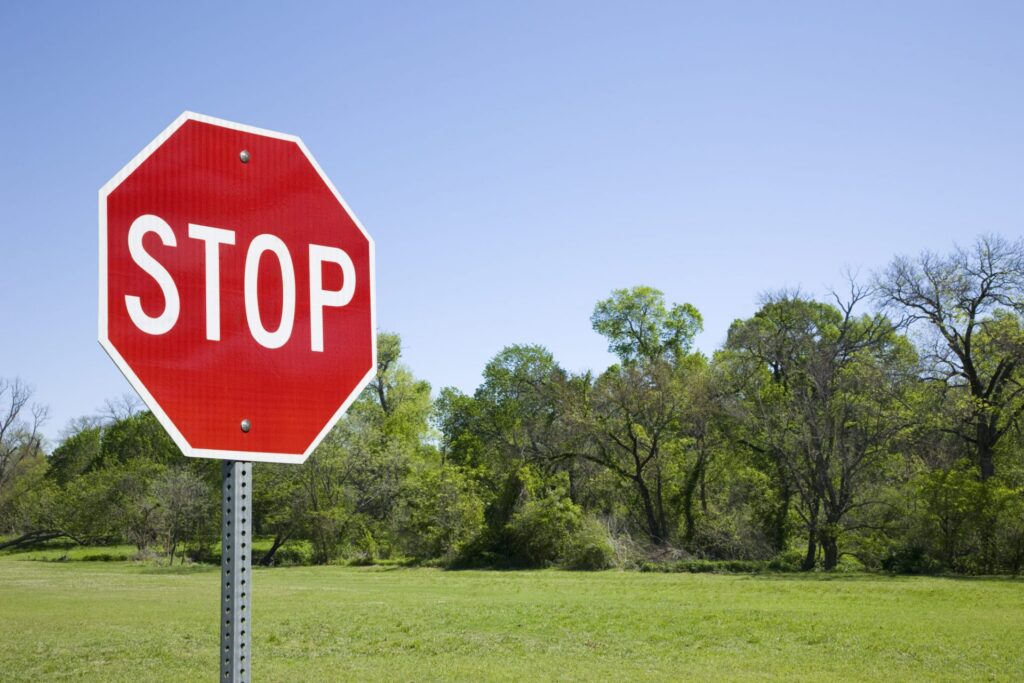
A recent traffic stop in Maine bears a sharp resemblance to a traffic stop that the Supreme Court of the United States had decided was a violation of the Fourth[...]
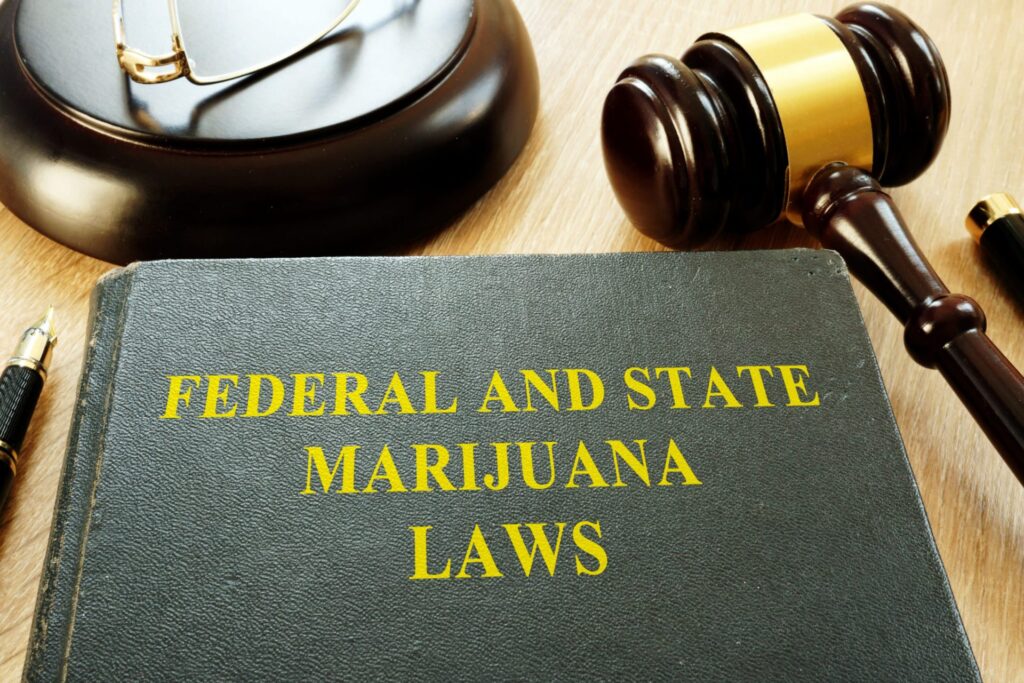
One of the most polarized and confusing aspects of the American criminal justice system today has to do with marijuana. In the past 20 years alone, 28 states in the[...]
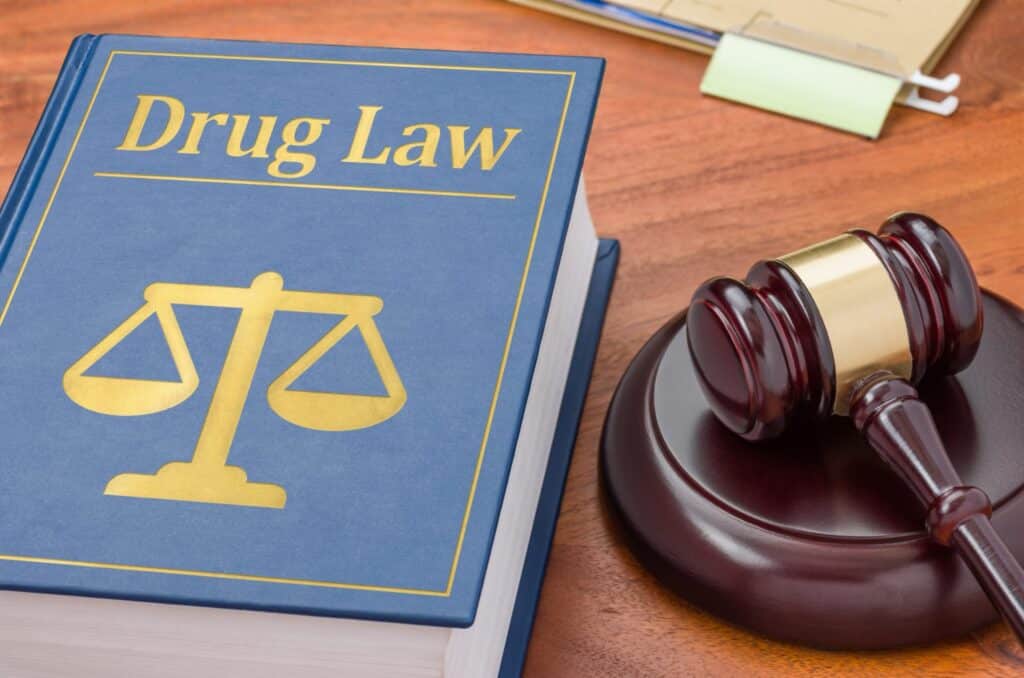
While policy decisions from the White House have been vague or difficult to follow, the new statement on the enforcement of federal drug laws is pretty clear: The Department of[...]
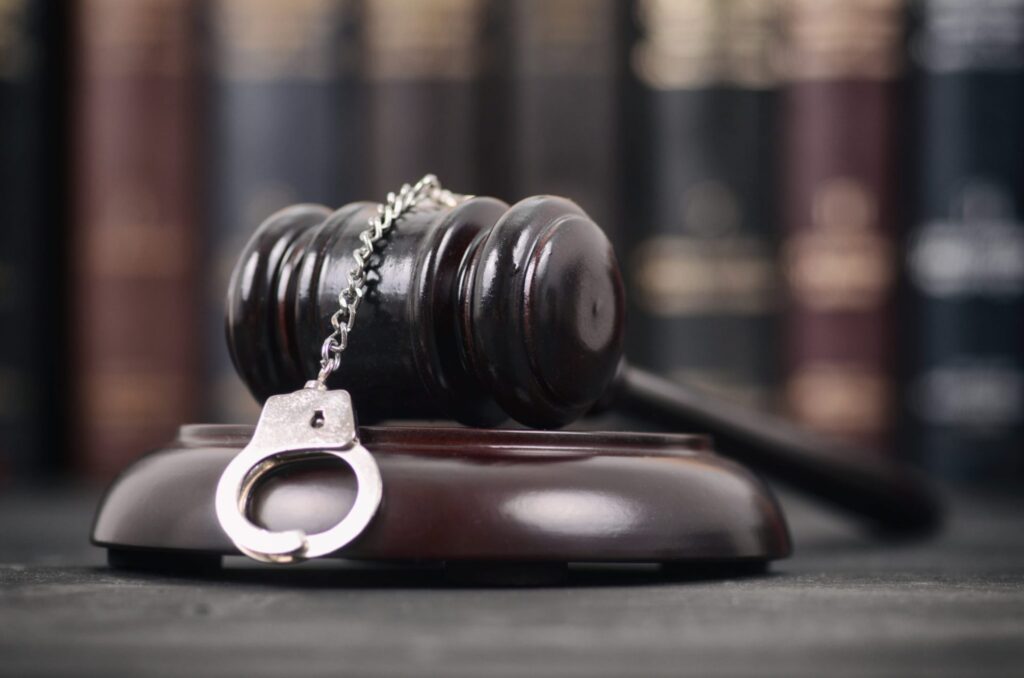
Out of all of the cabinet appointments that president-elect Donald Trump has made, none is more important to the freedom of the people of Maine than that of Senator Jeff[...]

If you have been charged with a crime of possession of drugs, there may be programs available to you to help reduce your sentence or resolve the case more favorably.[...]
